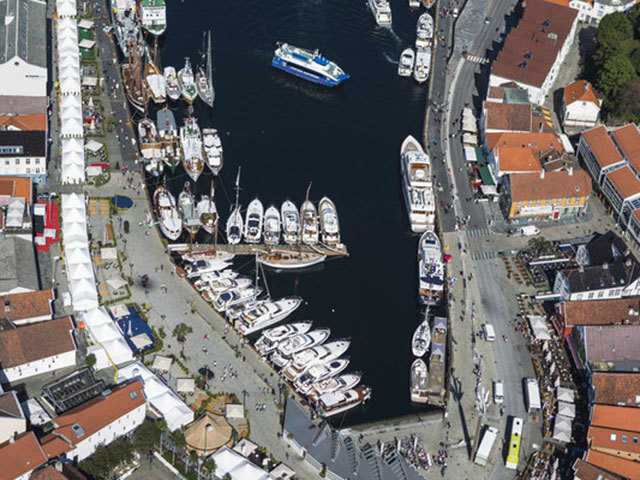
The preliminary agreement by Russia, Saudi Arabia, Venezuela and Qatar to freeze output has already put a floor under crude prices and a deal this weekend to include other producers would extend the recovery, according to Qatar’s Energy Ministry.
Analysts and traders have puzzled over exactly why oil producers have devoted so much diplomatic energy to the meeting in Doha on April 17, when the consensus is that the freeze would have little immediate impact on crude production. The letter — an invitation to the Doha meeting that Norway declined — gives some answers.
Qatar, which is hosting talks between at least 15 countries to finalize the accord, told Norway’s Ministry of Petroleum and Energy that the plan to cap output at January levels has already “changed the sentiment of the oil market,” according to a letter from Energy Minister Mohammed Al Sada obtained by Bloomberg through a freedom-of-information request. If more producers like Norway join in, it will temper the global oil surplus and “build up on this” price recovery, Qatar reasoned.
Oil prices, which sank to 12-year lows in January amid a global surplus, have climbed 30 percent in the past two months amid speculation producers would make the first significant attempt at coordinating oil output between the Organization of Petroleum Exporting Countries and producers outside the group in 15 years. Oil market watchers see a 50-50 chance that producers will strike a deal, but either way they don’t anticipate any impact on crude supply because most of the countries are already pumping flat out.
Price Floor
Talks on capping supply have “triggered a broad and intensive dialog between all oil producers out of the conviction that current oil prices are untenable,” Qatar wrote. “It has put a floor under the oil price and it is proposed to build up on this, by expanding the production freeze to more producers, thereby reducing the extent of the global oversupply and help accelerate the market balance.”
While the initiative is supporting prices, any agreement that only limits supply rather than implements output cuts will do little to tackle the global glut, the International Energy Agency said on Thursday.
Norway won’t attend the Doha talks, its Petroleum and Energy Ministry said by e-mail on April 12. Other non-OPEC producers such as Oman, Azerbaijan and Colombia have said they will attend. Several countries planning to boost production this year, notably Iran and Brazil, have said they won’t join the freeze.
Recommended for you
